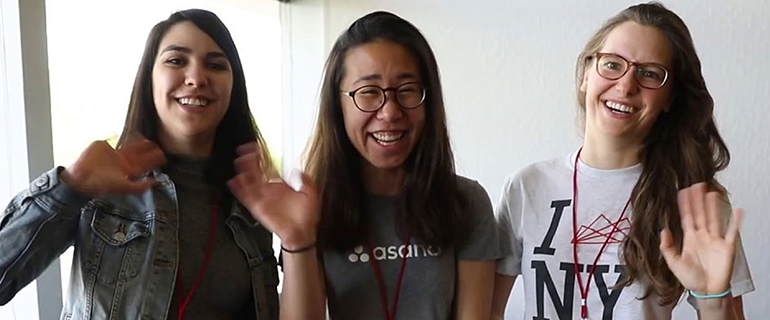CodeChix Founder on Why She Followed Her Passion
Not many of us would have the courage to quit our day job to focus full time on a passion project. But that’s what IEEE Member Rupa Dachere, a software engineer, did last year. Her passion is CodeChix, a nonprofit in San Jose, California, that she formed in 2009 to offer mentoring, networking, and technical training programs for female developers and engineers.
Today CodeChix has more than 1,500 members. It publishes a monthly newsletter and offers free technical training through a partnership with O’Reilly’s, an online education provider. CodeChix has a strong presence on social media. This year the company partnered with SRI International, a nonprofit research center, to establish a technical mentorship program so CodeChix members could sharpen their open-source technology skills as a way to advance their career.
The company holds the popular DevPulseCon, an annual two-day woman-centric technical and educational conference in San Jose that now attracts hundreds of people.
The company’s growth, increased attendance at the conference, and new offerings would not have been possible if Dachere hadn’t been encouraged last year to give her full attention to building up CodeChix, she says.
HOW IT BEGAN
Back in 2009, Dachere grew tired of being the lone female software developer at Motorola in San Jose, so she began seeking out others by attending local meetings and conferences for technologists.
“I was awfully lonely. I wanted to talk about technical issues and do some programming projects with other women,” she says. “I’m an introvert, so I forced myself to go to meet-ups, but 99 percent of the attendees were men, and there were no technical conferences back then just for women developers.”
Dachere eventually came across two other female technologists. They became friends and began meeting regularly at her house in San Jose. Those women invited others, and the group became too large for Dachere’s small quarters, so they began meeting in conference rooms at nearby companies including Google and Intel. The women mostly talked about technical issues they encountered on the job, and they worked together on coding projects.
The group’s members participated in an international competition to build an open-source SDN controller and were the first all-woman team to submit a project to the event. Their work was acclaimed at the 2014 LinuxCon Australia.
One of Dachere’s frustrations at the time was the absence of conferences tailored just for female developers, technical project managers, and system administrators.
“I wanted to create a conference that I would want to go to,” she says. “One that had very technical talks and technical workshops that enhanced my skills to prepare me to be competitive.”
Go to IEEE The Institute to read the complete article.






